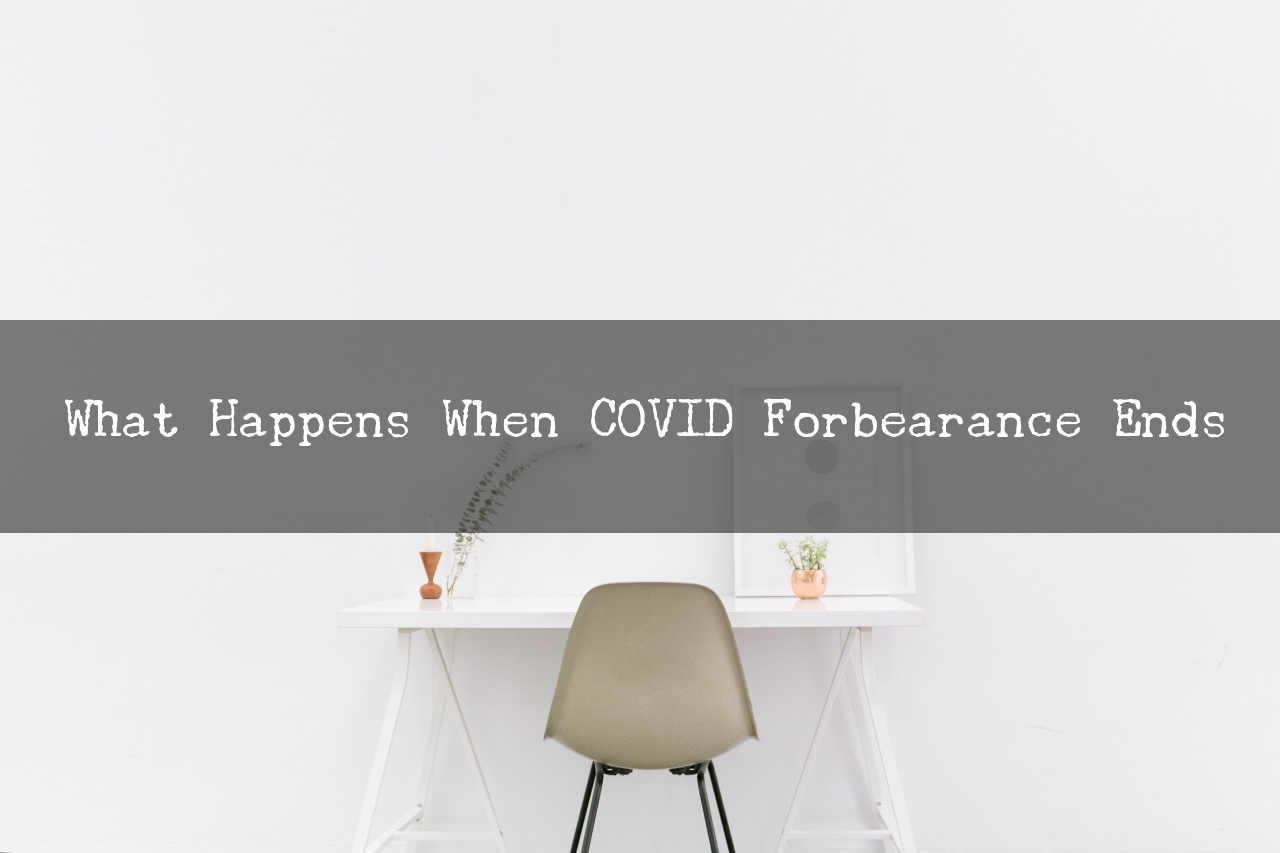What Happens When COVID Forbearance Ends
If you are facing financial hardship and need temporary assistance with your mortgage, your servicer may offer you a forbearance.
Forbearance is a type of temporary mortgage relief. While in forbearance, your monthly mortgage payment will be reduced or suspended for a given time period. To request forbearance, contact your loan servicer who can explain your options.
What happens when my forbearance period ends?
About 30 days before the initial forbearance plan is scheduled to end, you and your servicer will assess your situation and determine next steps. This could include additional forbearance or a workout option to make up your missed payments. Under the CARES Act, you are eligible for forbearance for up to 12 months.
Mortgage forbearance is not the same as mortgage forgiveness. At the end of your forbearance period, you must pay the delinquent payments and you’ll work with your servicer to determine the best solution for making them up. There are multiple options for catching up with your missed payments, so it’s important you ask questions to determine the best option for your situation. You are never required to pay back missed payments in a lump sum if your loan is owned by Freddie Mac.
How does COVID-19 forbearance repayment work?
While you must pay back payments that were missed during forbearance you will not accrue additional fees, penalties, or interest beyond the amounts already scheduled or calculated based on the terms of your mortgage.
For example, let’s say you enter into a forbearance agreement of three months. If your monthly mortgage payment is $1,000, you will owe about $3,000 in missed payments at the end of a three-month forbearance period. Again, you don’t have to pay it back all at once and your servicer can help you determine the work out option that works best for you, including:
- Reinstatement
- Repayment plan
- Payment deferral
- Loan modification
To stay on track with paying down your loan balance and less interest over the life of the loan, it’s important that you resume your payments as soon as you are financially able. During your COVID-19 forbearance period, there is no “extra” interest that you are being charged, but you won’t be paying down your principal and the interest will continue to accrue on your unpaid mortgage balance. As your amortization schedule shows you, with each monthly payment you are paying a little more principal and a little less interest – reducing the total amount you owe on the loan over time...

